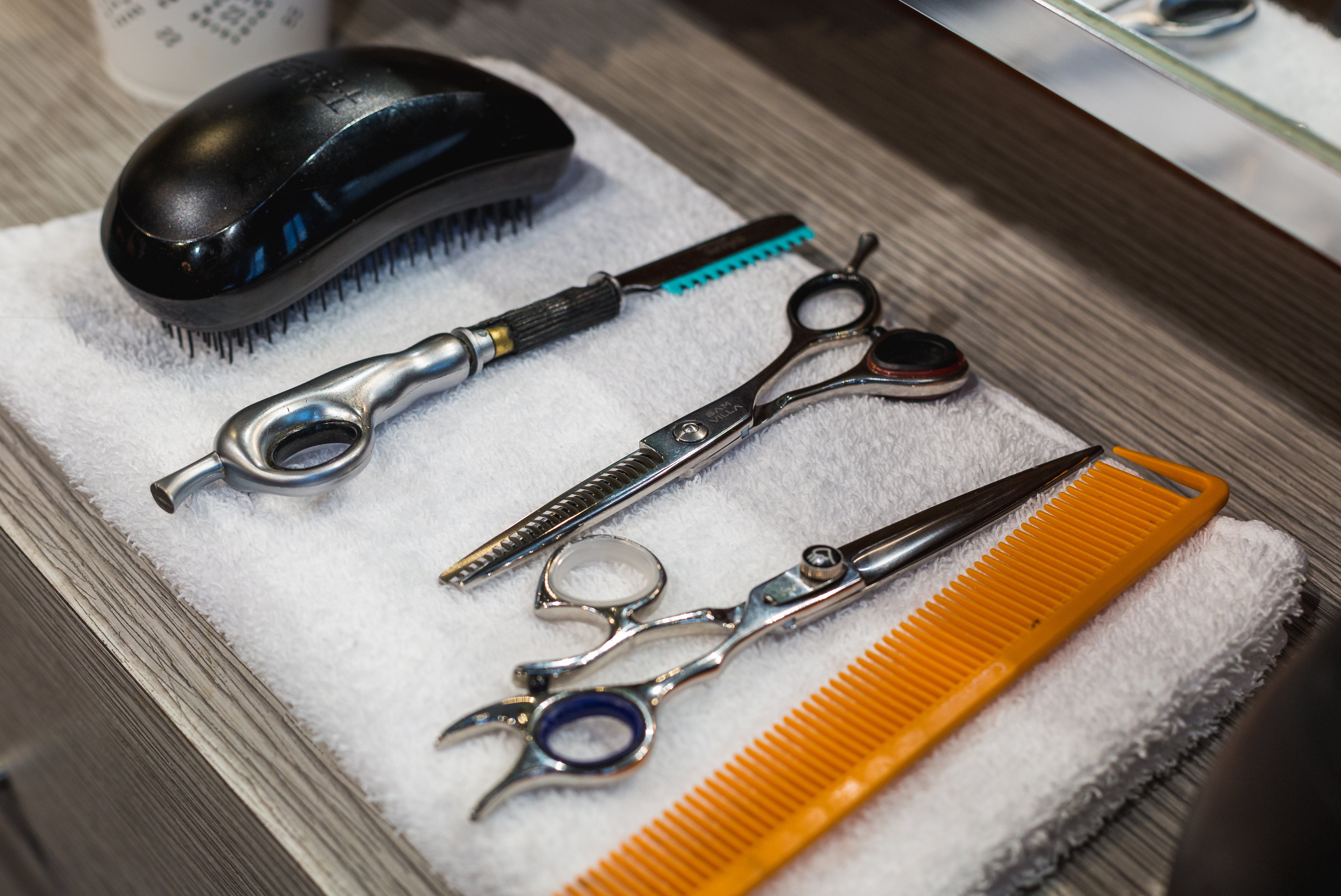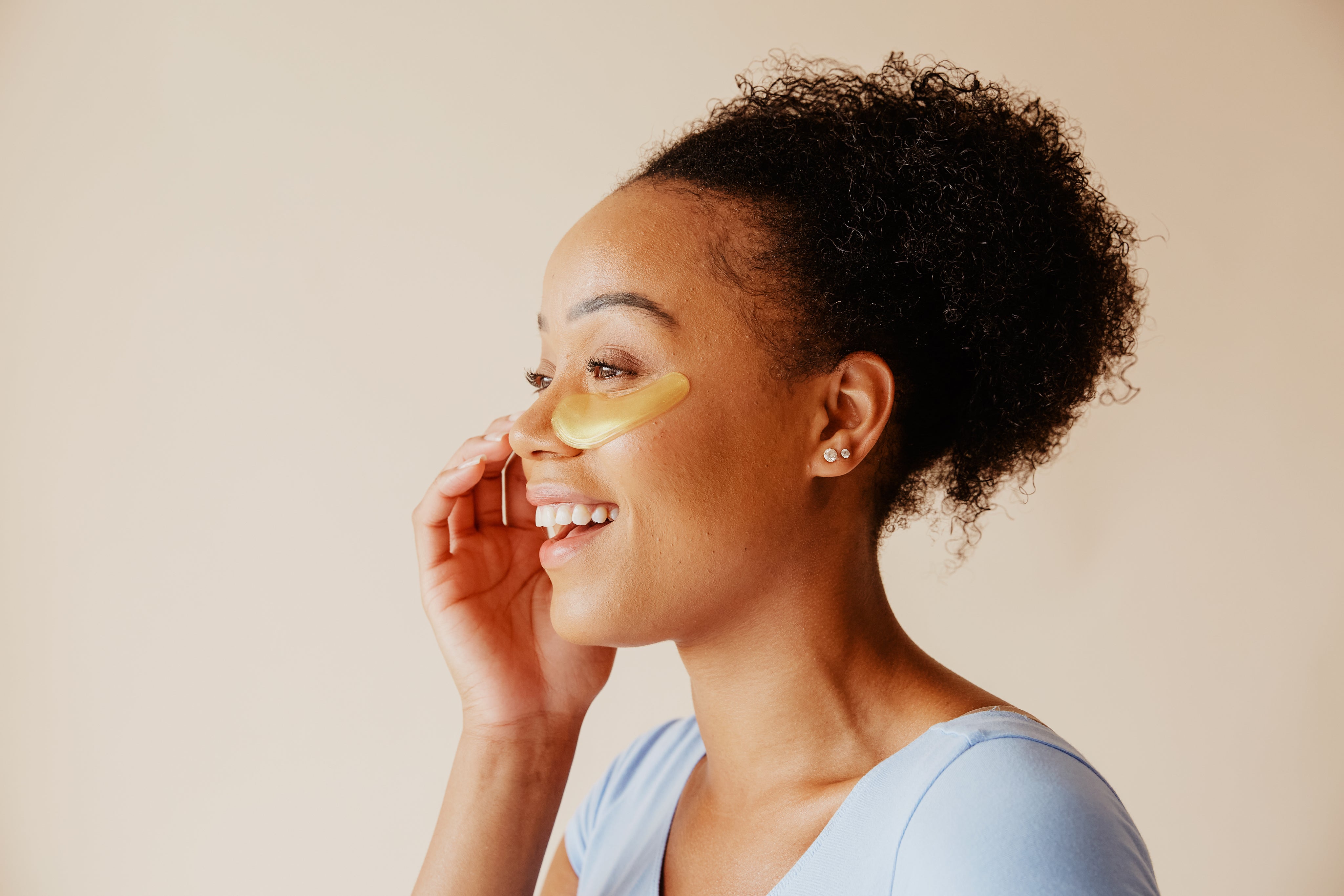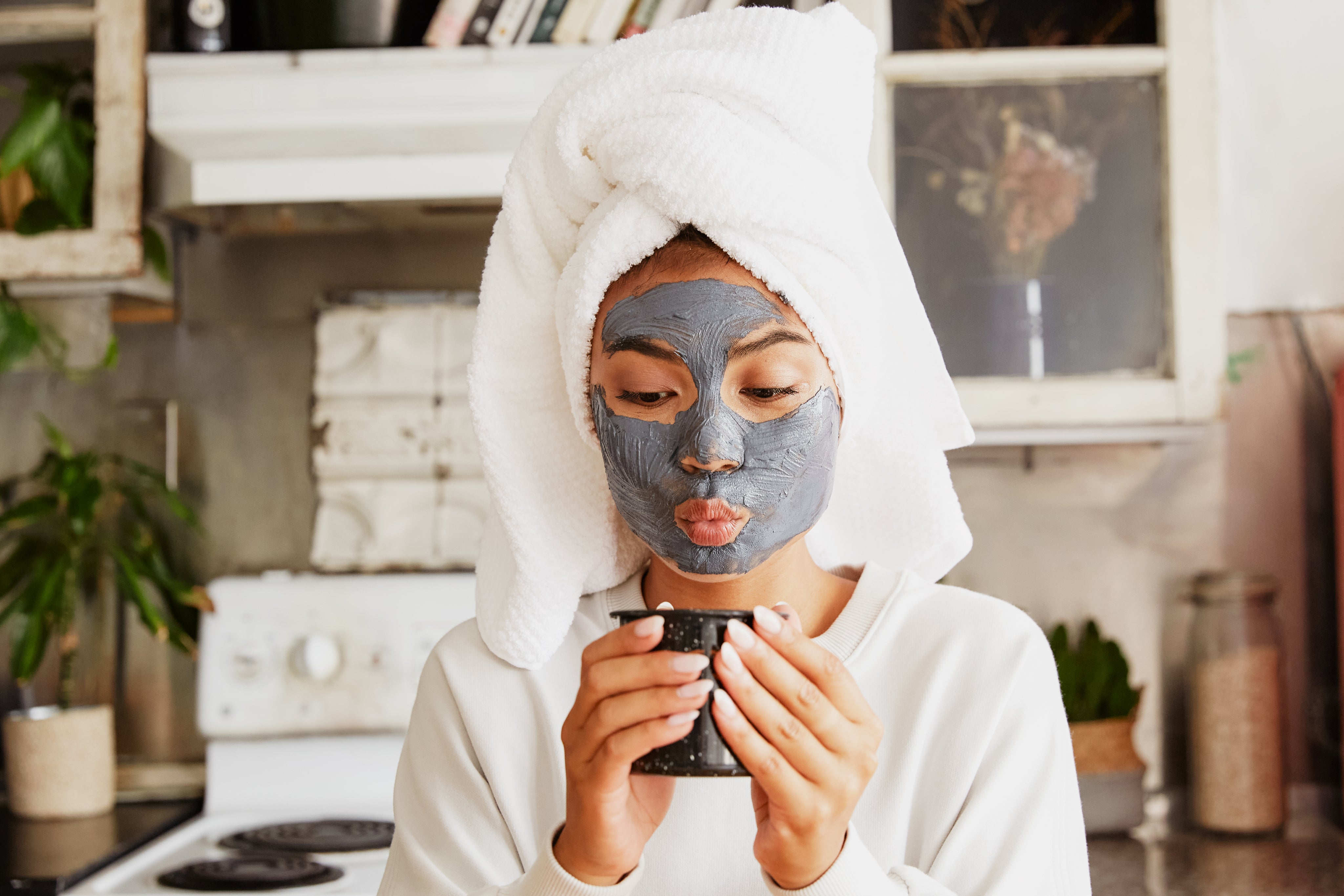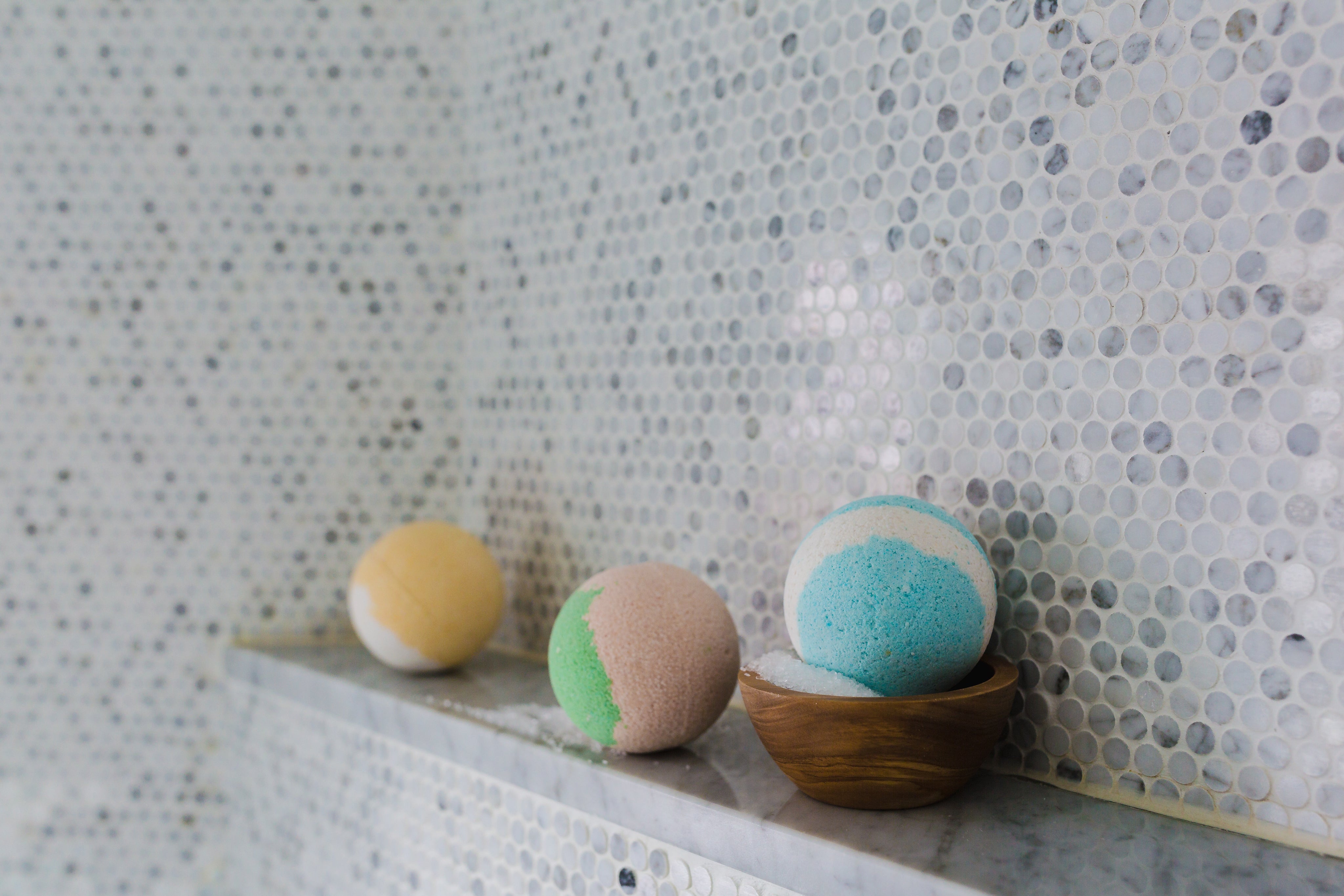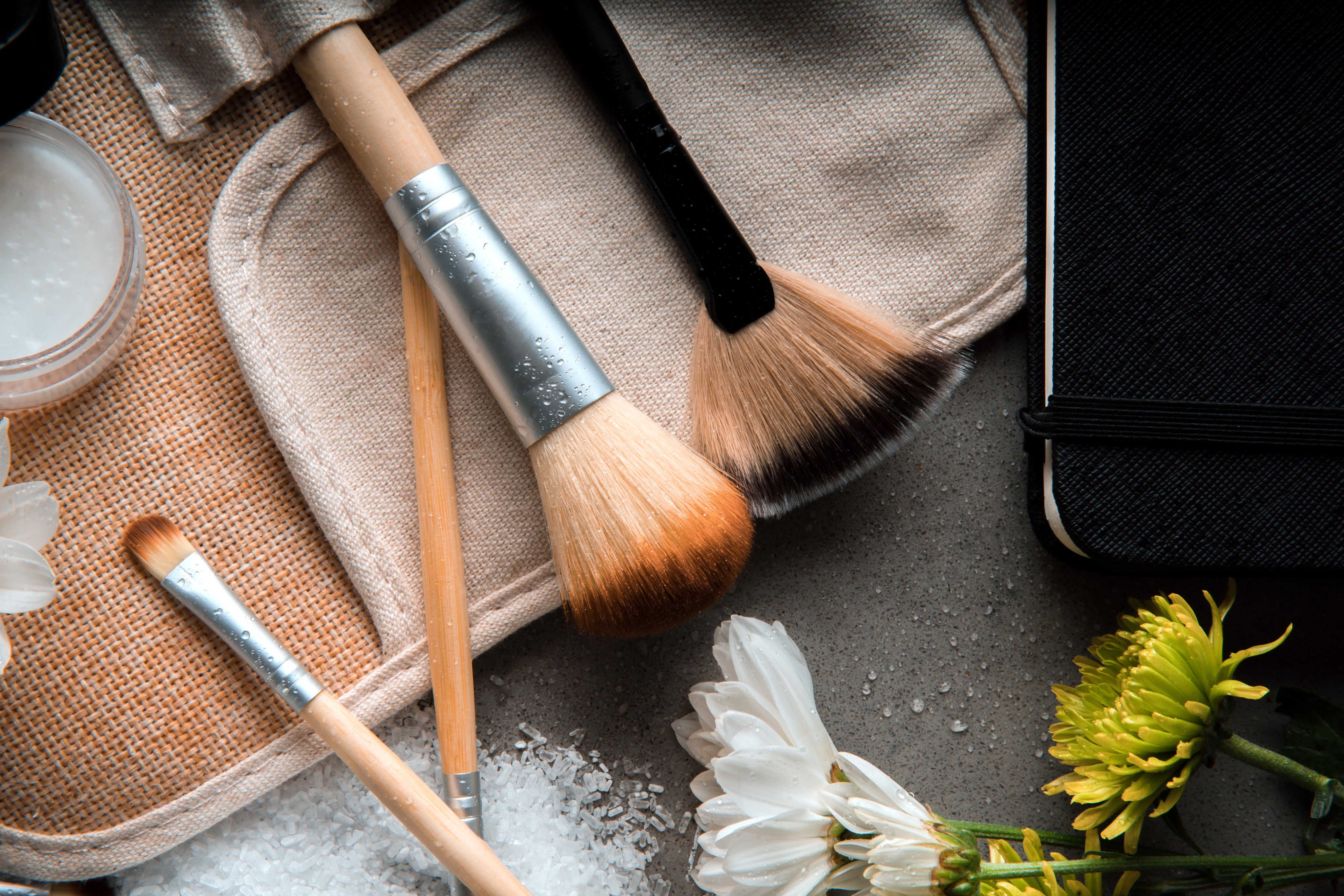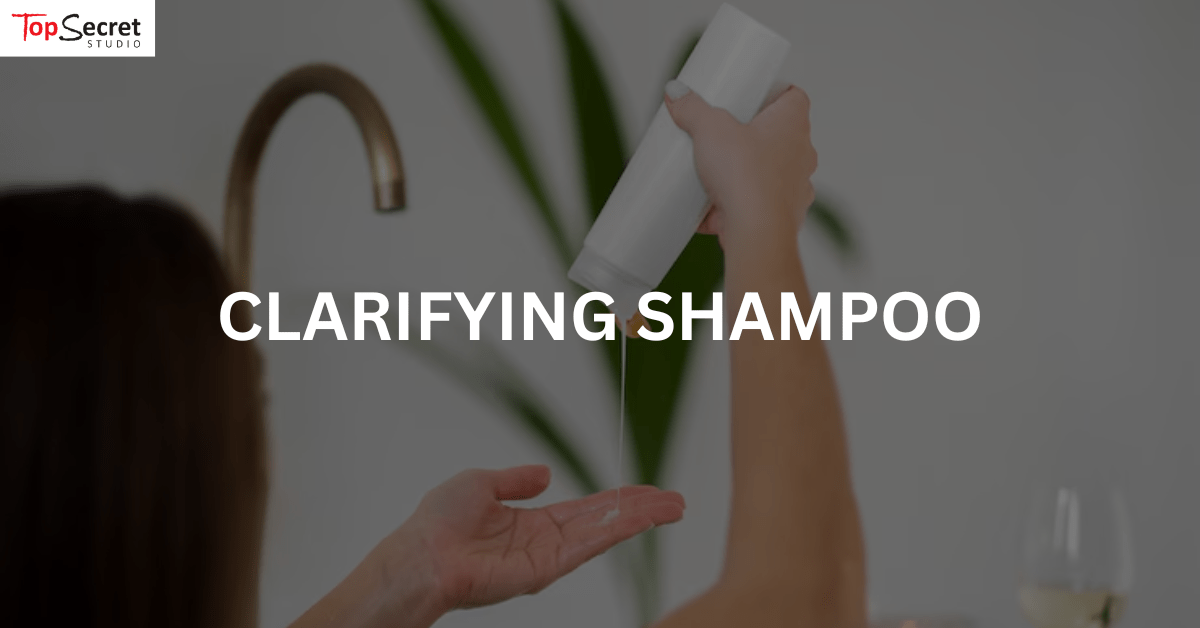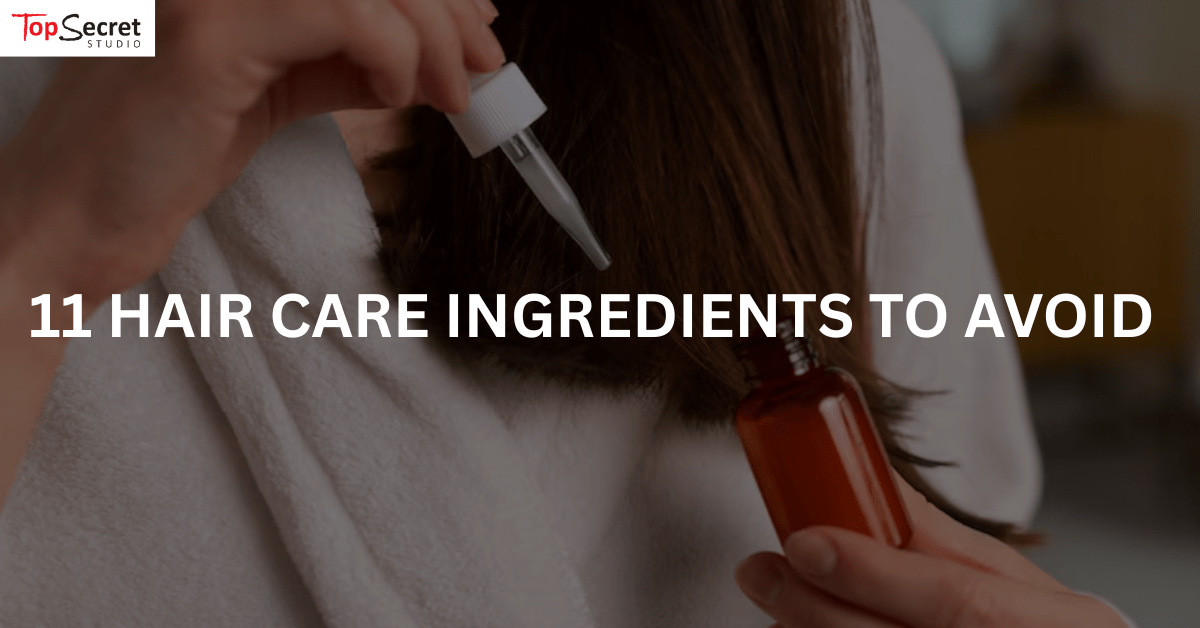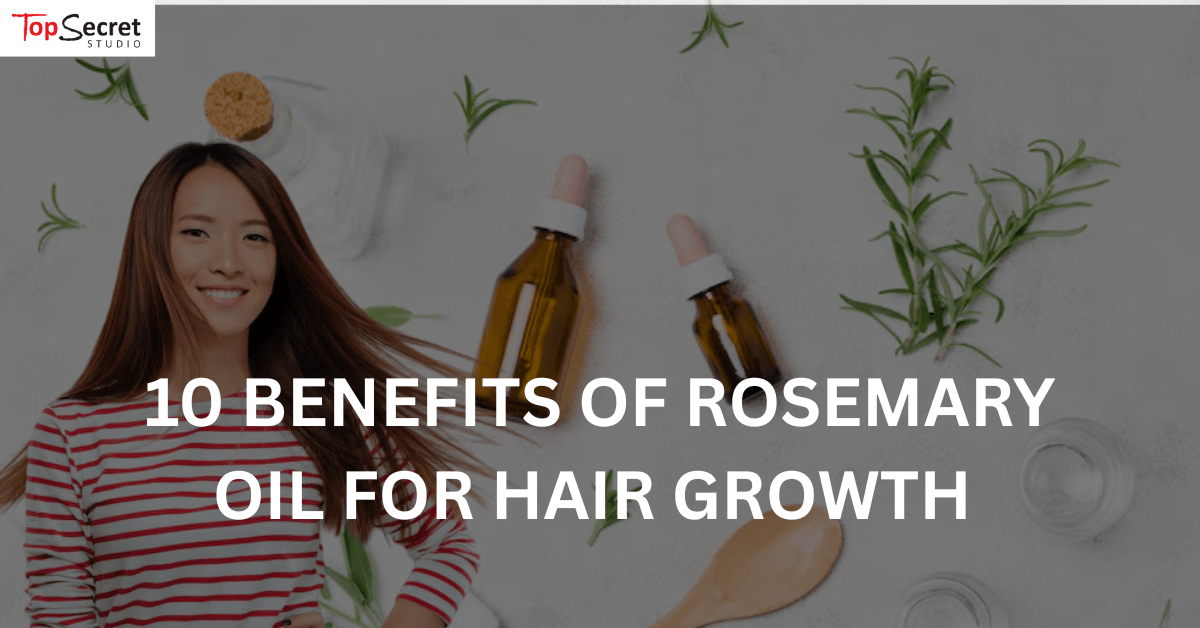
10 Benefits of Rosemary Oil for Hair Growth You Didn’t Know
Rosemary oil has become one of the most talked-about natural solutions for hair care, and not just because it's trendy! It's earning attention for good reason. Used for centuries in herbal medicine, rosemary oil has found its way into modern hair routines, and many people are turning to it as a possible aid for hair growth and scalp health.
If you've been searching for ways to improve hair condition naturally, hair growth rosemary oil might be the answer you didn’t know you needed. In this article, we’ll walk through ten lesser-known benefits of using rosemary oil in your hair care routine, backed by both user experience and research.
Whether you're struggling with thinning, breakage, or simply want stronger, shinier strands, we’re here to help you understand the hidden benefits of rosemary oil.
What is Rosemary Oil and Why is It Used for Hair?
A good question. Rosemary oil is an essential oil extracted from the leaves of the Rosmarinus officinalis plant. Known for its refreshing scent and antimicrobial properties, it’s commonly used in aromatherapy, cooking and natural skincare. But one of its growing uses? Hair care.
Rosemary oil supports hair growth by:
- Stimulating blood circulation in the scalp
- Reducing inflammation
- Fighting microbial build-up
- Strengthening hair at the roots
1. Stimulates Hair Growth Naturally
One of the primary reasons people are turning to rosemary oil is its potential to encourage natural hair growth. Rosemary oil is known to act as a vasodilator, meaning it helps widen blood vessels. When applied to the scalp, it improves blood flow to hair follicles, bringing them more oxygen and nutrients, both essential for healthy growth.
It performs similarly to minoxidil (a common hair regrowth treatment), but without the common side effects like scalp itching or dryness.
- Increases blood flow to hair follicles
- Encourages growth in thinning or dormant areas
- Can help manage early-stage hair loss
2. Slow Down Hair Loss
Hair fall often starts at the root, quite literally. One of the major reasons behind thinning hair is a hormone called DHT (dihydrotestosterone). This hormone binds to receptors in hair follicles and gradually shrinks them, which weakens the strands and eventually causes them to fall out.
Rosemary oil supports hair retention in three important ways:
-
Helps block DHT activity naturally
Compounds in rosemary oil limit the conversion of testosterone into DHT or stop DHT from attaching to hair follicle receptors. This may slow down the process of hair miniaturisation.
-
Strengthens hair follicles
A healthier follicle is more resilient. With regular use, rosemary oil helps reinforce the follicle structure, making each strand stronger and less prone to snapping or shedding.
-
Supports long-term retention
It doesn't just help with new growth, it also works to maintain existing strands. Over time, this leads to fuller-looking, healthier hair with less visible scalp exposure.
3. Improves Scalp Circulation
Blood flow is often overlooked in hair care, but it plays a very important role. Hair follicles are fed by tiny blood vessels. Without proper circulation, those follicles don’t get enough oxygen or nutrients and hair growth suffers.
Here’s how rosemary oil helps support this process:
-
Acts as a natural circulatory stimulant
When massaged into the scalp, rosemary oil encourages blood to flow more freely to the hair roots. This increased delivery of oxygen and nutrients can help reactivate sluggish or weak follicles.
-
Improves absorption of nutrients and oils
Better circulation means your scalp is more receptive to the nutrients you provide, whether it’s from a balanced diet, vitamins, or hair treatments.
How to Use It for Circulation:
- Mix 2–3 drops of rosemary essential oil with 1 tablespoon of a carrier oil (like jojoba, coconut, or sweet almond)
- Gently massage into your scalp for 5 to 10 minutes, focusing on areas that feel tense or are thinning
- Leave on for at least 30 minutes, or overnight for deeper absorption
- Use 2–3 times weekly for best results
4. Fights Dandruff and Flaking
Everyone hates dandruff, but a flaky scalp can be more than just a nuisance, they can also hinder hair growth by clogging follicles or creating an unhealthy scalp environment. Rosemary oil can help address these concerns in several ways:
-
Antifungal action
Rosemary oil has natural compounds that fight fungus and bacteria, helping reduce the yeast (Malassezia) that often triggers flaking.
-
Cleanses the scalp
It helps clear away excess oil, dead skin, and product residue that might otherwise clog pores and hair follicles.
-
Soothes irritation
Its calming properties can help reduce itching, redness, and inflammation, especially in sensitive or reactive skin types.
"A clean, calm scalp is the foundation for healthy, thriving hair."
5. Strengthens Hair Strands from Root to Tip
Healthy hair isn’t just about growth, it’s also about strength. A strong and healthy hair reduces hair fall rates and rosemary oil helps improve the overall structure of the hair strand by nourishing it from the inside out. Here’s how it contributes to stronger hair:
-
Protects the hair shaft
Regular application helps seal the cuticle layer, reducing moisture loss and preventing brittleness.
-
Reduces breakage and split ends
By hydrating both the scalp and hair shaft, rosemary oil improves elasticity, which makes hair more flexible and less prone to snapping.
-
Enhances shine and texture
Stronger, well-moisturised hair tends to reflect light better, which gives it a healthy, natural shine, without needing synthetic serums or silicones.
6. Balances Scalp Oil Production
An oily scalp can lead to greasy roots, clogged follicles, and even hair loss. On the other hand, a dry scalp can cause flaking and irritation. Rosemary oil helps regulate sebum production, creating a better environment for healthy hair growth.
Why that matters:
-
Normalises oil levels
It doesn't dry out the scalp, but it helps bring overly oily or overly dry scalps back to a healthy balance.
-
Reduces greasy build-up
A cleaner scalp is less prone to itching, flaking, or infections.
-
Improves scalp pH
Healthy pH levels help support your skin’s barrier function and overall scalp comfort.
7. Refreshes the Scalp Naturally
Using rosemary oil creates a subtle, refreshing sensation on the scalp that many people find energising. But beyond the pleasant feel, it serves a functional purpose:
-
Stimulates nerve endings
This gentle tingling can help “wake up” dormant follicles and improve sensitivity in the scalp area.
-
Creates a healthier scalp environment
A refreshed, oxygenated scalp is better equipped to support healthy hair.
-
Feels soothing after sun exposure or tight hairstyles
If your scalp feels stressed after heat styling or being pulled back, rosemary oil offers natural relief without the need for harsh medicated products.
8. Support Thicker, Fuller Hair Appearance
While rosemary oil can’t increase the number of hair follicles, it may help maximise the output of the ones you already have.
-
Reduces hair fall, which maintains density
-
Promotes regrowth in sparse areas, especially along the hairline and crown
- Improves hair shaft quality, making individual strands look thicker
9. Protects Against Environmental Stressors
Just like skin, your hair and scalp are exposed to daily stress from sun, pollution, and hard water. Rosemary oil provides some natural protection:
-
Acts as an antioxidant shield
Antioxidants in rosemary oil help neutralise free radicals that damage hair cells and protein structure.
-
Reduces oxidative stress on follicles
This is especially important in urban environments, where air pollutants can weaken hair over time.
-
Creates a light barrier
While not a substitute for SPF (Sun Protection Factor), rosemary oil can offer light protection from UV damage when used regularly.
10. Supports Healthier-Looking Hair Over Time
Beyond short-term improvements, rosemary oil encourages the kind of long-term scalp and strand health that leads to consistently better hair days. Its natural compounds work cumulatively to improve texture, scalp comfort, and overall vitality.
Long-term benefits include:
-
Softer, more manageable hair
With regular use, rosemary oil helps smooth rough cuticles and reduce tangles, making styling easier.
-
Improved scalp comfort
Less dryness, less itchiness, and a more balanced scalp environment overall.
-
A healthier-looking shine
By nourishing both roots and lengths, it enhances the natural sheen of your hair without leaving it greasy.
How to Apply Rosemary Oil for Hair Growth
To get the most out of rosemary oil, it’s not just about what you use, but how you use it. Applying it correctly helps ensure your scalp absorbs its full benefits without irritation or build-up.
1. Scalp Massage
- Mix 2–3 drops of rosemary essential oil with 1 tablespoon of carrier oil (like jojoba, coconut, or argan).
- Massage gently into the scalp for 5 to 10 minutes, focusing on areas where thinning is most visible.
- Leave it on for at least 30 minutes, or overnight if you prefer a deeper treatment.
- Rinse thoroughly with a gentle shampoo.
2. Add to Shampoo or Conditioner
- Add 2–3 drops per use to your regular shampoo or conditioner.
- Avoid adding it directly into the whole bottle, this ensures freshness and dosage control.
3. Leave-In Scalp Tonic (Optional)
- Blend rosemary oil with a lighter carrier oil (like grapeseed) and use a dropper to apply to the scalp.
- Ideal for dry or flaky scalps between washes.
4. Hot Oil Treatment
- Warm your oil mixture slightly (not hot) and apply generously to the scalp and ends.
- Wrap your hair in a warm towel and leave on for 30–60 minutes.
- Wash and condition as usual.
What Kind of Rosemary Oil Should You Use?
Not all rosemary oils are created equal. Look for pure, high-quality essential oil that’s safe for cosmetic use.
|
What to Look Out For |
Why It Matters |
|
100% Pure Rosemary Essential Oil |
No fillers or synthetic ingredients |
|
Therapeutic Grade |
Ensures potency and effectiveness |
|
Steam Distilled |
The cleanest extraction method for preserving nutrients |
|
GC/MS Tested |
Confirms purity and absence of contaminants |
|
Packaged in Dark Glass Bottles |
Protects oil from light and oxidation |
IMPORTANT: Avoid fragrance oils, they may smell like rosemary but don’t offer any real hair benefits.
Recommended Products with Rosemary Oil
If DIY isn’t your thing and you do not want to fuss over rosemary oil hair products, there are many excellent ready-made products that contain rosemary oil as a key ingredient, blended with other hair-loving components.
Top Secrets Top Picks:
|
Product |
Type |
Why It's Good |
|
Mielle Organics Rosemary Mint Scalp & Hair Strengthening Oil |
Treatment oil |
Lightweight, packed with biotin and castor oil, great for protective styling |
|
Aromatica Rosemary Scalp Scaling Shampoo |
Shampoo |
Gently exfoliates while promoting scalp circulation |
|
The Ordinary Multi-Peptide Serum for Hair Density |
Scalp serum |
Contains rosemary extract among peptides and caffeine for advanced hair support |
|
SheaMoisture Strengthen & Restore Conditioner |
Conditioner |
Includes rosemary oil, peppermint, and Jamaican black castor oil for nourishing fragile hair |
|
Nature’s Answer Rosemary Oil |
Pure essential oil |
Ideal for mixing with carrier oils or adding to DIY blends |
“For best results, choose products free of silicones, parabens, and sulphates, especially if you're working with a sensitive scalp.”
Closing Thoughts: Nature’s Answer to Healthier Hair
Rosemary oil may not be a miracle cure, but its benefits for hair growth and scalp health are clear and well worth exploring.
At Top Secret, we believe in keeping things straightforward. We carry a wide range of trusted hair care brands that incorporate rosemary oil and other proven ingredients, like Aveda, Shiseido, and more.
If you’re looking for a way to support your hair naturally, rosemary oil is a great place to start. As with any hair solution, consistency matters. So give it time, stay patient, and don’t forget the basics of hair care!
Frequently Asked Questions About Rosemary Oil for Hair Growth
Can Rosemary Oil Be Used on Colour-Treated Hair?
Yes. Rosemary oil is safe for colour-treated hair as long as it's diluted properly. It won’t strip colour but helps maintain scalp health.
How Long Does It Take to See Results With Rosemary Oil?
Most users notice visible improvements in thickness or reduced shedding after 10–12 weeks of consistent use.
Can I Use Rosemary Oil Every Day?
Daily use isn’t necessary. Applying 2–3 times a week is effective for most people and reduces the risk of scalp sensitivity.
Does Rosemary Oil Work for All Hair Types?
Yes, rosemary oil suits straight, wavy, curly, and coily hair, but finer hair types may prefer lighter carrier oils to avoid weighing strands down.
Will Rosemary Oil Help With a Receding Hairline?
It may encourage regrowth in early-stage thinning areas, including the hairline, by stimulating dormant follicles if used consistently.
Is There a Best Time of Day to Apply Rosemary Oil?
Evening use is ideal for scalp massages or overnight treatments, allowing time for absorption without interfering with styling.


